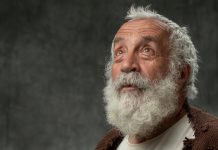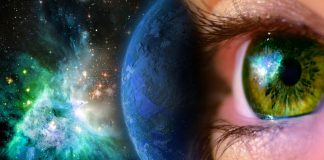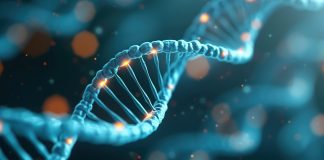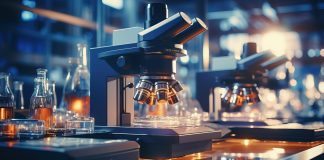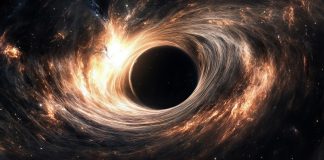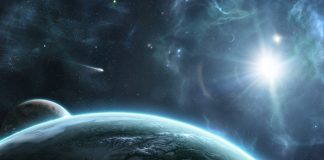The big picture
Fossil layers seem to be consistent with some independent phylogenetic analyses, radiometric dating methods seem to be consistent with inferences based on the DNA "molecular clock," continental drift over millions of years seems to be consistent with the distribution of species and fossils on Earth... and the examples go on. If the evolution of life is not a real phenomenon, how can we...
The driving forces of evolution
Even those least familiar with evolutionary theory know that it involves a powerful driving force: natural selection. However, as we delve deeper into the theory, we find that things haven't been that simple for a long time. This is because we no longer consider natural selection the sole engine of evolution, and from a certain point of view, not even the most powerful...
The greed for knowledge
If science were a religion, how violent would it be compared with Christianity?
God and the onion test
Humans have only a fifth of the genetic material of an onion, and slightly more DNA than a mouse. Why would the Creator of life use five times more genetic information for an onion than for a human? And why would He create humans to be only slightly more genetically complex than mice? Aren't long and aimless evolutionary processes a better explanation for...
The microscope of theology versus the decalogue of science
The Jewish people walked on dry land in the middle of the water, not in the Red Sea, but somewhere in the Nile Delta. This conclusion by researchers from the National Center for Atmospheric Research and the University of Colorado (USA) made headlines on Reuters and the BBC in September 2010.
The evolution of the eye
The eye's intricate structure has long been a focal point in the creationism vs evolutionism debate, serving as a key example in the argument of irreducible complexity. More recently, methods of simulating the evolution of the eye have emerged, which claim to provide significant support for Darwinism. Who is right?
The God particle?
Very few ordinary people seem to be overflowing with passion for quantum physics, as the field involves a high degree of abstraction and relatively complicated mathematical equations.
Evolution before our very eyes | Part 2
Bacteria are becoming increasingly resistant to antibiotics; some butterflies and fish are developing new colours for better camouflage; and a series of laboratory experiments have revealed small but significant changes in various microorganisms. Are these phenomena conclusive evidence of evolution unfolding before our eyes?
Future technology and current concerns
"[B]ut test them all; hold on to what is good" (1 Thessalonians 5:21).
Evolution and creation: closer to the core of the controversy
I got acquainted with Ariel Roth as a writer, but I also got to meet him as a human being. I discovered neither fanaticism nor nervousness, neither doubt nor ideological speech in Roth, an octogenarian who still looks in detail at each new subject appearing on the agenda of the debate between evolution and creation. He maintains an unflagging desire for honesty and...
Can we simulate evolution?
When a process is thought to be too slow or impractical to test experimentally, simulation science is a valuable tool for testing its validity.
Science has proven that God doesn’t exist. True or false?
Marquis Pierre-Simon Laplace (1749-1827), a mathematician and astronomer and one of history’s most influential scientists, once had a meeting with Napoleon Bonaparte. Laplace came to offer the first consul of the republic a copy of his book, “Traité de mécanique celeste” (Treatise on Celestial Mechanics)—an analysis of the solar system that expanded on Isaac Newton’s conclusions.
Is sugar the most dangerous drug?
While few people can remember the details of their first hit, everyone can identify with the rush of satisfaction, the tingling delight that starts on the tip of your tongue and then courses through your entire body.
Hope, a legacy of another world
Hope can be palpable and elusive at the same time, both reasonable and independent of logic. Yet this independence from logic is not synonymous with indifference to reason, but a victory over it. Hope has its own logic, one that changes lives for the better.
Gravitational waves and the inflation of certainty
On 17 March 2014, the science and technology blog of the prestigious newspaper The New Yorker announced, "A scientific breakthrough lets us see to the beginning of time". Lawrence M. Krauss, renowned physicist and author of "A Universe From Nothing: Why There is Something Rather than Nothing", commented in his article on the news that went around the world, heralding a landmark moment...











